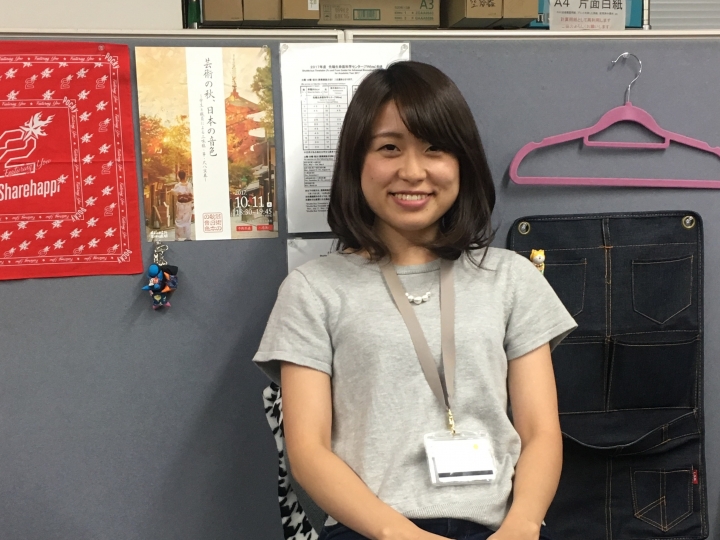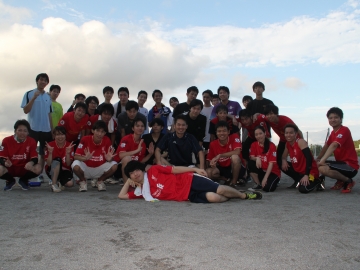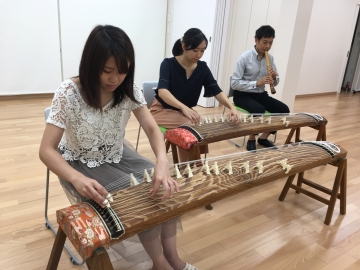Ultrasound diagnosis support robot system for remote prenatal care under development
Wed, Oct 11, 2017-
Tags
Serving society better with human assistive robotics
Rina Takeuchi
Second year student at the Graduate School of Creative Science and Engineering, Waseda University
 I am a graduate student and I belong to the Iwata Lab (Professor Hiroyasu Iwata’s Laboratory). Iwata Lab in general focuses on research related to human assistive robot technology that aids and benefits people of our society. In my case, my research lies specifically in the field of obstetrics and gynecology (OB-GYN).
I am a graduate student and I belong to the Iwata Lab (Professor Hiroyasu Iwata’s Laboratory). Iwata Lab in general focuses on research related to human assistive robot technology that aids and benefits people of our society. In my case, my research lies specifically in the field of obstetrics and gynecology (OB-GYN).
The decreasing number of obstetricians and medical facilities in recent years has led to increasing number of working hours for doctors and practitioners, as well as expecting women having to travel longer distance and wait longer before receiving a prenatal care. My research focuses on developing robots which use ultrasound to conduct screening and diagnosis on expectant mothers. If I succeed, such robots could make remote prenatal care possible as well as automate the whole diagnosis process in future, which in turn could reduce the burdens on both practitioners and expectant women.
For example, by placing such robots in neighborhood clinics, expectant mothers could save the trouble of having to travel all the way to hospitals just to get a prenatal checkup. The robots could take photos automatically and do an imaging diagnosis using preprogramed artificial intelligence (AI). When necessary, obstetricians or practitioners could also do a precise remote diagnosis without having to physically meet mothers in pregnancy. I will continue to work with other researchers in the lab and hopefully one day, my research could lead to the development of new and better prenatal care facilities that cater for various needs of expectant mothers, such as those who are working mothers or those who live in places which are less equipped with medical facilities.
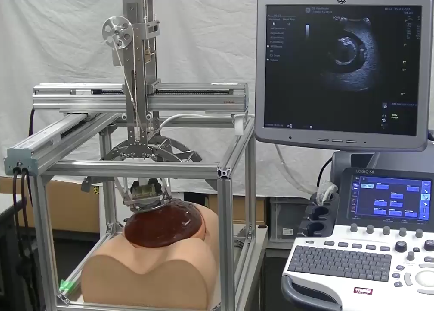
Ultrasound diagnosis support robot system for prenatal care under development
I have given presentation on my research in many occasions, such as at the International Robot Exhibition, academic conferences and university open campuses. I want more people to know about my research and share with me their views on it so that I can develop greater robots that can better serve the society. One of the challenges when giving research presentation is that I have to change the way I speak and present depending on my audience. Young children, women who have experienced pregnancy, students and researchers of other fields and etc., each group of individuals coming from different backgrounds has different experiences. Hence, it is not possible to have them all understand the significance of my research unless I change my presentation style accordingly. What gets me very motivated is when people express interests in my research and share the same thought as me.
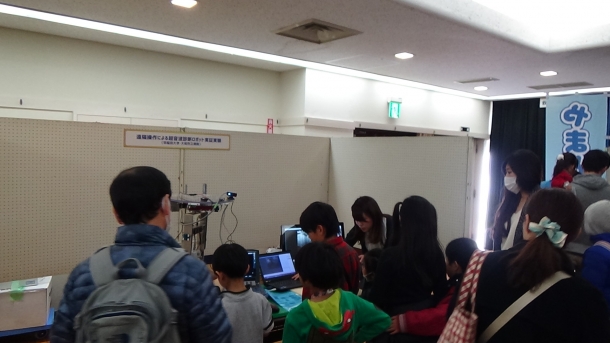
Showcasing and presenting my research to young children
In order to turn my research into practical use, I will need to acquire knowledge from various fields. It is important that I do not get advice solely from researchers in the medical field, but also professionals in other fields. My future goal is to be an expert in developing things that will better serve the society.


